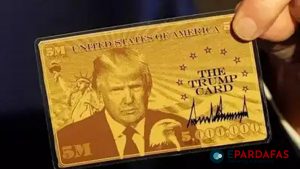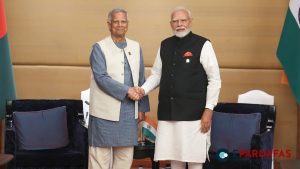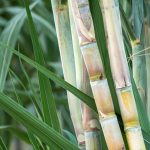
Australia Urges Trade Diversification Amid Expected U.S. Tariffs
The Australian government has signaled a need to diversify its trade relationships as it braces for a new wave of tariffs expected to be imposed by the United States. Foreign Affairs Minister Penny Wong said on Wednesday that Australia is “realistic” about its chances of securing exemptions from the impending trade measures, set to be announced by U.S. President Donald Trump in Washington.
“President Trump has made it very clear that imposing tariffs is a central plank of his economic agenda,” Wong told ABC Radio. “What we have to do is make sure we are resilient in a time of change, and in the context of both trade and other engagements such as research, we have to work at diversifying our relationships.”
A report from the U.S. Trade Representative’s office, released on Monday, cited Australia’s biosecurity, pharmaceutical, and news bargaining laws as unresolved trade issues affecting American exports. Despite this, Wong made it clear that Australia would not compromise its healthcare or biosecurity standards in exchange for tariff exemptions.
Concerns over the tariffs were echoed by Minister for Employment and Workplace Relations Murray Watt, who stated that the government remains “certainly concerned” about the potential economic impact on Australian industries. Speaking to Sky News Australia, Watt said that Canberra had yet to receive formal notification from Washington regarding the tariffs.
The expected trade measures come at a sensitive time for Australia, as the country is in the midst of its general election campaign. Both Prime Minister Anthony Albanese and opposition leader Peter Dutton ruled out engaging in negotiations with the U.S. over trade grievances while on the campaign trail for the May 3 election.
According to Nine Entertainment newspapers, the Australian government has advised the agricultural sector to prepare for tariffs of 10 percent or more on key exports such as beef. These tariffs could have a significant financial impact on the industry, which heavily relies on trade with the U.S.
The United States is Australia’s second-largest agricultural export market, with exports valued at 7.13 billion Australian dollars (4.48 billion U.S. dollars) in the 2023-24 financial year, according to the Australian Bureau of Agricultural and Resource Economics and Sciences. With the prospect of new tariffs looming, Australia may need to seek alternative markets to mitigate the economic fallout.













Comments